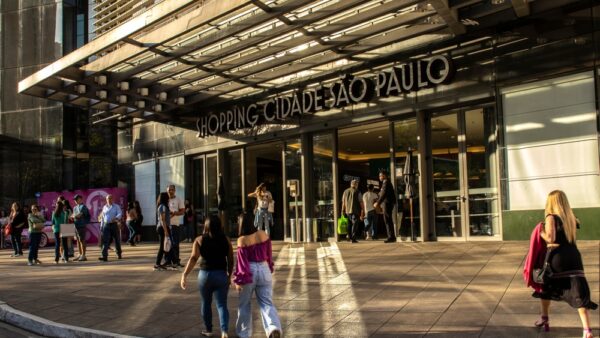Mayor Eduardo Paes of Rio de Janeiro this week signed off on a municipal law that incentivizes the voluntary carbon credit market in the city.
The law, which was approved by Rio de Janeiro’s City Council last month, implements fiscal incentives to attract companies from the carbon credit chain to the city. Up to BRL 60 million (USD 12.3 million) per year in tax rebates will be awarded to companies that compensate their emissions with carbon credits.
The temporary incentive, to remain in place until 2030, cuts the municipal ISS tax on services from 5 to 2 percent for development or auditing activities of carbon credit projects, as well as activities related to the registration or transaction of carbon credits.
This is reportedly the first law of its kind in Brazil, and the biggest city-level fiscal incentive to carbon markets in the world, according to Rio’s secretary for economic development, innovation, and simplification, Chicão Bulhões.
The law fits into City Hall’s objective of making Rio the capital of green investments in Brazil. It is also part of the current municipal administration’s 2021-2024 strategic plan and should help the city meet its emissions reduction targets — it aims to cut CO2 emissions from 2017 levels by 5 percent by 2024, 20 percent by 2030, and reach carbon neutrality by 2050.
“It’s yet another action that reinforces Rio’s vocation to be the country’s green capital,” said the municipal finance secretary, Andrea Senko.
Mayor Paes, who is currently serving his third non-consecutive term, has been pushing an agenda of innovation and development for the Marvelous City. This included playing host earlier this year to the first Web Summit outside of Europe (attended by The Brazilian Report).
“Since the start of the government, we’ve observed which sectors we can capture, creating the best conditions for the private sector to develop here. When we bring a Web Summit, when we design legislation stimulating innovation, it’s because we understand that a significant part of Brazilian intelligence is in the city of Rio,” Mr. Paes said at the event sanctioning the new carbon credit incentives.
Rio played a historic role in the creation of carbon credits to offset emissions. Three decades ago, the city hosted the United Nations Conference on Environment and Development, known as the Earth Summit or Rio-92, in which the concept of carbon credits was first created (international carbon trading markets were subsequently outlined in the 1997 Kyoto Protocol).
Brazil has the potential to be a global leader in the carbon credits market, but although it has an active voluntary market — where private companies voluntarily buy credits from certified programs to offset their emissions and meet self-imposed reduction targets — there is at the moment no regulated carbon market at the national level.
A dud attempt by former President Jair Bolsonaro to create such a market has been scrapped by the current Luiz Inácio Lula da Silva administration, which is considering new legislation to establish a regulated cap-and-trade carbon market in the country.


 Search
Search










































